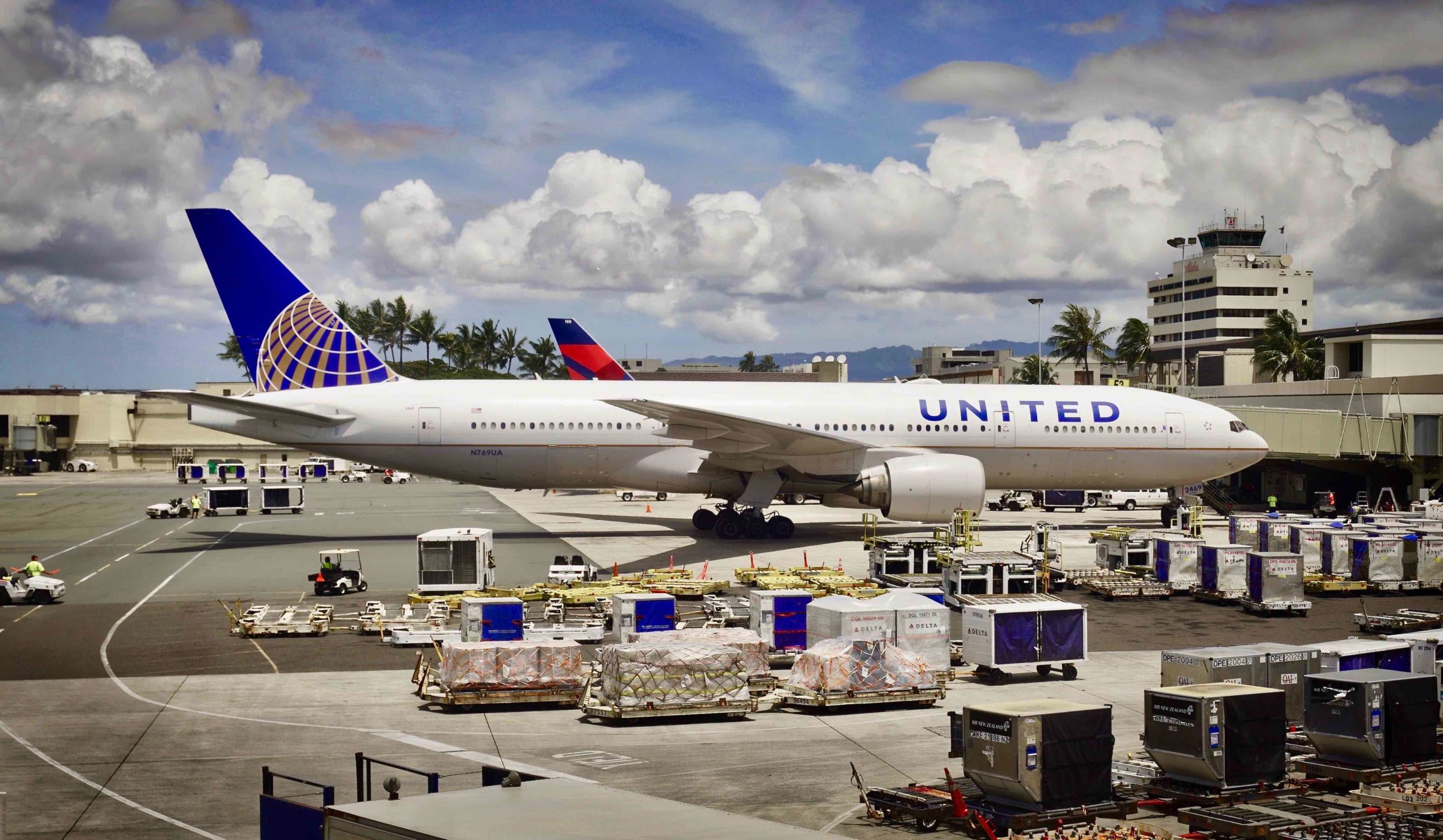Almost every major US airline has announced that change fees are gone “forever.” No, they aren’t.
If you are considering booking travel or signing up for a new credit card please click here. Both support LiveAndLetsFly.com.
If you haven’t followed us on Facebook or Instagram, add us today.
United Drops Change Fees, Everyone Else Follows
United Airlines got a jump on the rest of the airline world by dropping its $200 change fee… kind of. To summarize it quickly, if United has another flight that a flyer would prefer to take, they can pay the difference in fare to take a more expensive flight without incurring the fee. If the flight the traveler chooses is cheaper, United doesn’t charge the fee but doesn’t give a refund either.
Alaska, American, Delta, and Hawaiian have all matched or bested the move, most by refunding the fare difference as has been the case with Southwest.
In essence, United dropped change fees as long as you will give them more money or will fill up an emptier plane and let them keep the money you’ve already paid.

Nothing New Under the Sun
Airlines went from offering only refundable flights to tickets that are more restrictive than city bus fares. Southwest never joined the others when they moved from a traditional US airline all-inclusive fare to an al la carte model. Eliminating change fees is really just a return to the way airlines previously sold tickets. It’s not new, it’s an end to the experiment of customer nickel and diming.
That said, I don’t know that the change is all that welcome. For example, Spirit, Ryan Air, and Air Asia all charge customers just for what they want to buy. If you just want a seat, no bag, no seat assignment, no soft drink on the plane, it will be next to impossible to beat a Spirit Airlines “bare fare.” Southwest has increased the cost of transportation over other carriers through the years because they account for the added costs of included items.
United might have looked at its revenue from change fees and decided that the marketing benefit outweighed the loss. However, as that initial marketing cost is absorbed and the advantage is lost (due to other carriers matching) fares will have to climb to offset the lost revenue, as incremental if it was.
“Forever” Doesn’t Mean Forever
Carriers have made promises before and simply not kept them. United rescinded lifetime benefits on the basis that they should not have been trusted by customers to keep their promise. American Airlines sold lifetime first-class seats when they needed the cash and then did everything to get rid of the passes when they no longer needed the cash. There are many other examples across the industry.
“Forever” doesn’t mean forever because all of the carriers have extensive contracts that allow them to change the rules any time they want for any reason with no obligation to the client. There is no recourse customers have against carriers that decide later to change the rules, and should they act in lockstep as they did this time, there will be no risk for carriers to change their minds.
The airlines could say anything they like, change anything they want whenever they choose, and yet some of the highest courts in the land agree that they can. Where is the FCC to enforce false advertisements?
Conclusion
United (and the others) are looking for any advantage to get passengers back on airplanes. By saying that the changes are “forever” but having no need to uphold that timeline, there’s no cost to the carriers today to saying that they will never again charge for changes among North American markets. Change fees for domestic flights likely didn’t generate a ton of revenue but will likely lead to higher fares over time to cover the missing revenue. Airlines can also add new fees to replace the ones that have gone away. United, in particular, doesn’t really give anything away as they will gain the new revenue for passengers switching flights, but won’t lose any revenue when they choose to fly a cheaper one.
What do you think? Does “forever” mean forever for change fees?



As I said before things turn around very fast and airlines and hotels forget that without customers they won’t exist. During the last couple years airlines and hotels were in control. Massive devaluations of programs, prices for airfares and hotels skyrocketed and customer service wasn’t much of a thing anymore. Well, now customers are in control. Airlines and hotels will beg for customers and will do whatever it takes to attract them. Prices will go down, elites will be treated like kings, etc… Enjoy while it lasts.
Kyle, good overview for the uninitiated. But if you’re a jaded consumer like me, announcement like this don’t even register. Scour the networks for the best deal. Pay what you’re willing to pay. Get angry (if you want) at airline fees- but pay them anyway because that particular airline is the only game in town. And enjoy your trip.
There’s an acronym ‘SCHWON’ in the airline business, ‘Subject (to) CHange WithOut Notice.’ It means airlines can change their rules on a whim.
This is call capitalism
About the monopoly of the garbage collector company the give refund if your bin is half empty
Probably not and the airlines are the same
That’s an excellent comparison!!